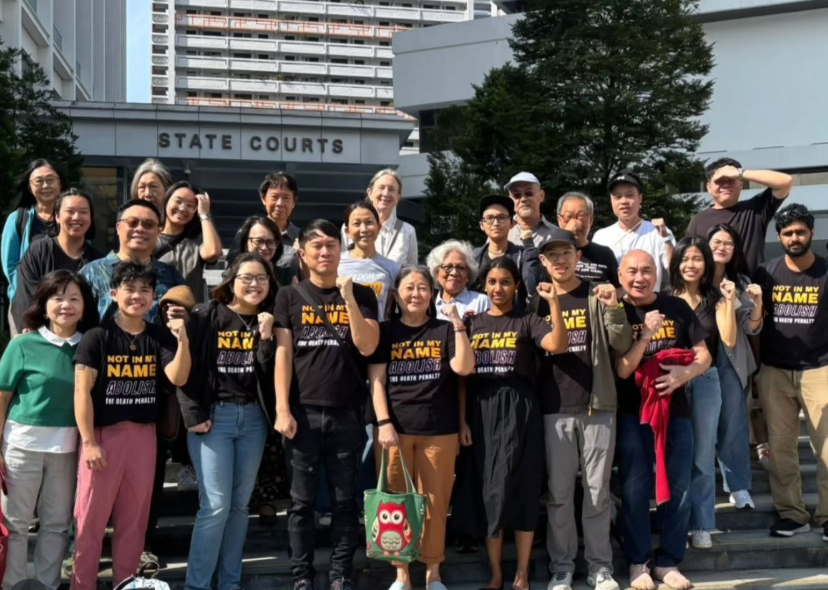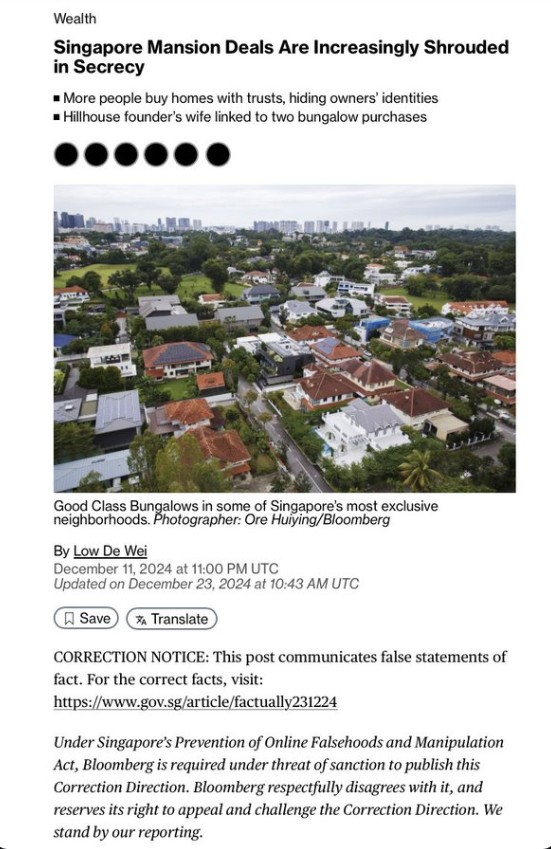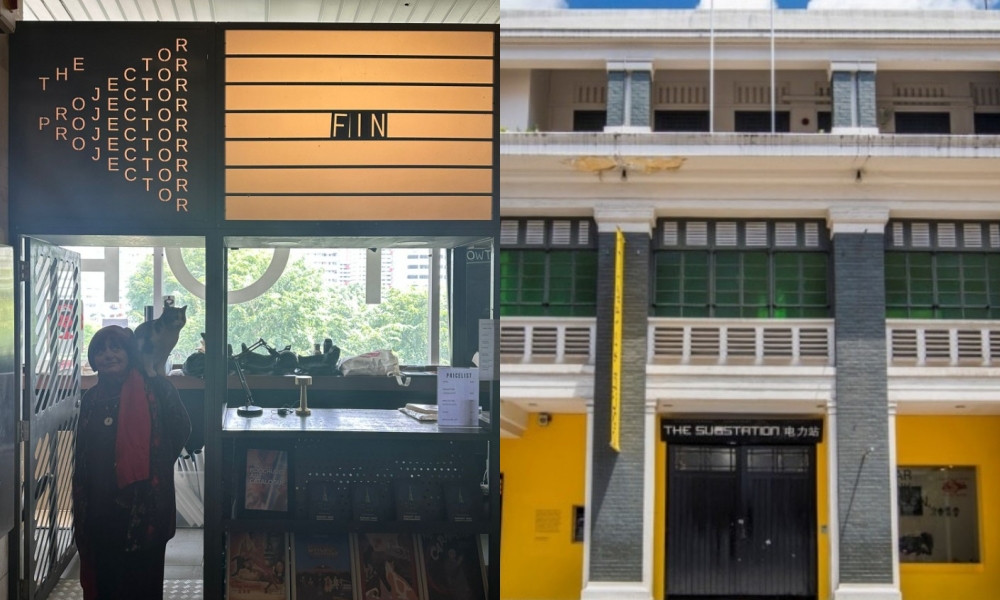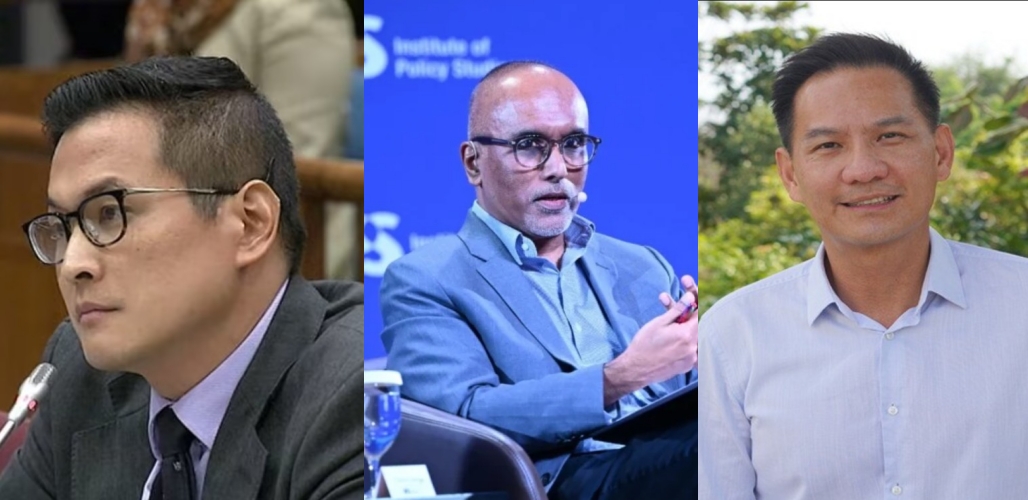When Prime Minister Lawrence Wong addressed Singaporeans at the National Day Rally on 17 August, he spoke of a vision where the government works “with Singaporeans, not just for them.”
His call for inclusion, civic partnership, and a reduced reliance on the state seemed like a departure from the top-down style of governance long associated with the People’s Action Party. He framed this as a new phase of national growth — collaborative, people-powered, and participatory.
But for those of us who have operated outside the tightly scripted boundaries of official narratives — particularly in media, civil society, and academia — these words sound more like wishful branding than a genuine shift. The reality, as we know all too well at The Online Citizen (TOC), tells a very different story.
Irony in ideals: The disconnect between speech and state practice
PM Wong admitted that engaging the public may be “messy” and “iterative.” But what he did not acknowledge is that the state has long been intolerant of the very messiness required for a truly participatory society.
Take, for instance, the recent charging of individuals involved in a petition supporting Palestine.
Rather than engaging the message or addressing the concerns, the government responded by prosecuting citizens for “unlawful assembly.” It is a tactic familiar to many — use of the law to contain dissent rather than enable dialogue.

Civil rights activist Jolovan Wham has also remained a frequent target. This year, citizens who stood silently outside the court in support of Wham were summoned by the police. It was a quiet, peaceful gesture — symbolic of civic solidarity. Yet even that was treated as a potential breach.
When the state chooses to treat silence as provocation, it reveals more about its insecurities than the nature of the protest.
Media, arts, and silence: The cost of critical expression
Few have felt this tension more directly than we have at The Online Citizen.
Once a rare platform for independent reporting and commentary in Singapore, we faced relentless pressure in the form of regulatory scrutiny, defamation suits, and financial obstruction.
In 2021, the Infocomm Media Development Authority (IMDA) suspended our licence over funding and editorial control issues — claims we firmly contest.
Eventually, we ceased operations in Singapore, not due to a lack of readership or public support, but because the environment was made operationally impossible.
Even after relocating our work overseas, the Singapore government continued its campaign against us. Under the Protection from Online Falsehoods and Manipulation Act (POFMA), we were designated as a Declared Online Location (DOL) — not once, but twice.
This declaration effectively criminalised the monetisation of our platform, barring us from carrying advertising or subscription models — the financial lifeblood of any independent media.
What makes this action particularly egregious is the selective application of the law.
When Bloomberg and The Edge Singapore published similar reports on the Good Class Bungalow (GCB) transactions involving ministers, they were issued Correction Directions under POFMA for four alleged falsehoods. But they were not subjected to the far more punitive Declared Online Location (DOL) status.

This selective escalation shows how the law is weaponised: mainstream financial outlets are corrected, but independent media is strangled.
And this pattern is not new. Former Straits Times editor-in-chief Cheong Yip Seng, in his memoir OB Markers: My Straits Times Story, revealed how the government maintained oversight of the newsroom through an appointed “monitor.”
Careers could be stalled if the monitor disapproved of a journalist’s work, creating a culture of institutionalised self-censorship. His candid admissions confirmed what many had long suspected: Singapore’s mainstream media has been tightly bound by political control for decades.
The contrast today is glaring. While TOC has been financially strangled through regulatory force and DOL restrictions, the government has committed S$900 million over five years to sustain SPH Media Trust, the successor to Singapore Press Holdings’ media arm. Independent outlets are left to wither, while state-aligned institutions are buttered up with taxpayer funds.
This is not a neutral media environment — it is one structurally designed to privilege the compliant and punish the critical.
Cultural closures: Shrinking space for critical art
The stifling of expression extends beyond journalism into the arts.
The closure of The Projector’s Golden Mile venue — a space that had embraced alternative and socially aware content — marks the latest in a troubling trend.
Before that, The Substation, long a sanctuary for critical and experimental art, lost its space. Necessary Stage, known for theatre that raises uncomfortable questions, has similarly faced venue and funding challenges.
Despite official pronouncements about supporting a “vibrant arts scene,” what is left unsaid is that vibrancy is permitted only when it doesn’t challenge the dominant political narrative.
This withdrawal of support for independent arts is not always overt — but the cumulative effect is a slow asphyxiation of Singapore’s creative dissent.

The Projector (left) announced closure on 19 Aug 2025; The Substation (right) closed down permanently in July 2021
Silencing the academy: The cost of questioning power
The academic world is similarly policed.
Numerous academics who have expressed views critical of the government or its policies have found themselves sidelined, passed over, or quietly frozen out. These consequences are hard to document publicly — the process is often opaque — but they are deeply felt.
A clear case is that of Dr Thum Ping Tjin. After his work exposed inconsistencies in the official narrative on detention without trial in the 1960s, he was reportedly told that he would never work in Singapore’s academic system again.
As Dr Thum put it: “I was privately informed by someone senior in the university that I would never be able to work in Singapore as an academic… again.”
That is the cost of research that challenges power in Singapore: career death.
The experience of Cherian George reinforces this reality. Despite strong reviews and recognition as a respected media scholar, his tenure at Nanyang Technological University was denied. George has said openly that he was told the decision was political.
His move to Hong Kong Baptist University was a loss to Singapore’s intellectual scene, and a clear warning to others in academia: step too far, and you will be frozen out.
Even when tenure is not at stake, academics face pressure. In 2017, Donald Low, then Associate Dean at the Lee Kuan Yew School of Public Policy, was publicly scolded by Minister K. Shanmugam after commenting on sentencing and populism.
Accused of misrepresenting the Minister’s words, Low was compelled to issue not one but two apologies — the second more contrite than the first. The incident made clear that even mild critique of state positions could trigger disproportionate backlash.
In a truly participatory and open society, academic freedom must be sacrosanct. In Singapore, it is precarious.

From left to right: Dr Thum, Cherian George and Donald Low
The exiles: Lee Hsien Yang and the cost of family dissent
Perhaps no example illustrates the punitive atmosphere better than the case of Lee Hsien Yang — the younger brother of former Prime Minister Lee Hsien Loong.
What began as a family disagreement over the fate of 38 Oxley Road, the former home of Lee Kuan Yew, quickly evolved into a national political controversy. But beyond the personal drama lies a broader lesson: even close familial ties to power offer no immunity when dissent is directed at the ruling establishment.
Lee Hsien Yang and his wife, Lee Suet Fern, have since left Singapore and were recently granted political asylum in the United Kingdom, a fact that underscores the severity of their situation. According to public statements, they have remained abroad due to concerns over a lack of fair process and fears of politically motivated legal retaliation.
The Singapore authorities have responded by initiating investigations into alleged falsehoods, issuing threats of defamation suits, and warning of potential contempt of court. Their son, Li Shengwu, has also remained overseas following a separate contempt of court case linked to a private Facebook post.
The granting of asylum by a democratic state like the UK sends a powerful signal: that the risks faced by dissenters in Singapore are not merely political discomforts, but serious enough to warrant international protection.
The message to others is chillingly clear: political disagreement is not only unwelcome — it may render one stateless, hounded, or forced into exile. Even bearing the name of Singapore’s founding Prime Minister is no defence when the line of critique crosses the boundaries of state tolerance.

A civic renaissance — or a carefully managed illusion?
PM Wong’s promise of citizen panels, consultations, and hackathons sounds promising. But these exercises exist within state boundaries. They welcome participation, but only within pre-approved lanes. They ask for ideas, not challenges. They consult, but do not concede power.
The difference between feedback and freedom is critical. Real participation means the right to organise independently, to protest publicly, and to publish critically — not just to contribute to state-led exercises.
When the government controls both the invitation list and the agenda, it is not dialogue. It is orchestration.
Toward a more credible participatory future
If PM Wong’s words are to be more than political theatre, the system must change.
That means repealing laws that criminalise peaceful assembly. It means abolishing DOL declarations that financially starve dissenting media. It means ensuring that academic and artistic institutions are shielded from political interference.
It also means applying laws fairly — without shielding the powerful or punishing critics selectively.
We at The Online Citizen remain committed to Singapore — to its people, to its better future. But we can only do so from afar because the civic space at home has been so systematically dismantled.
The Prime Minister said the government should not do everything for the people. We agree. But for that to be meaningful, the people must be allowed to act without fear — and not just in harmony with the government, but sometimes in challenge to it.
The post Singapore’s call for civic participation clashes with continued state control appeared first on The Online Citizen.


